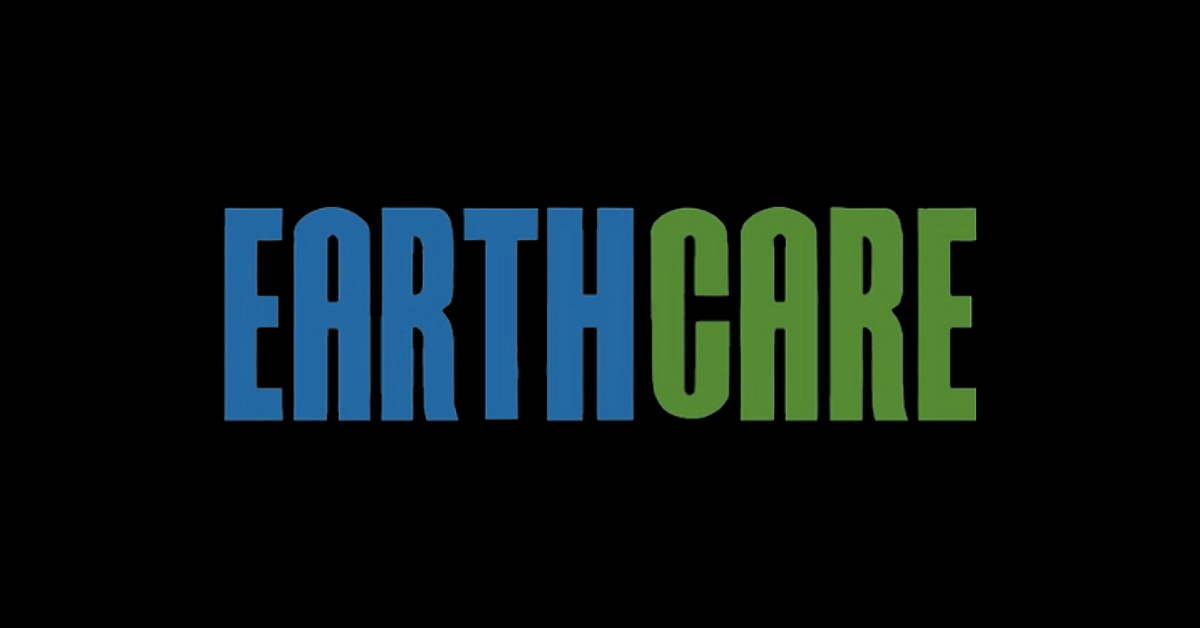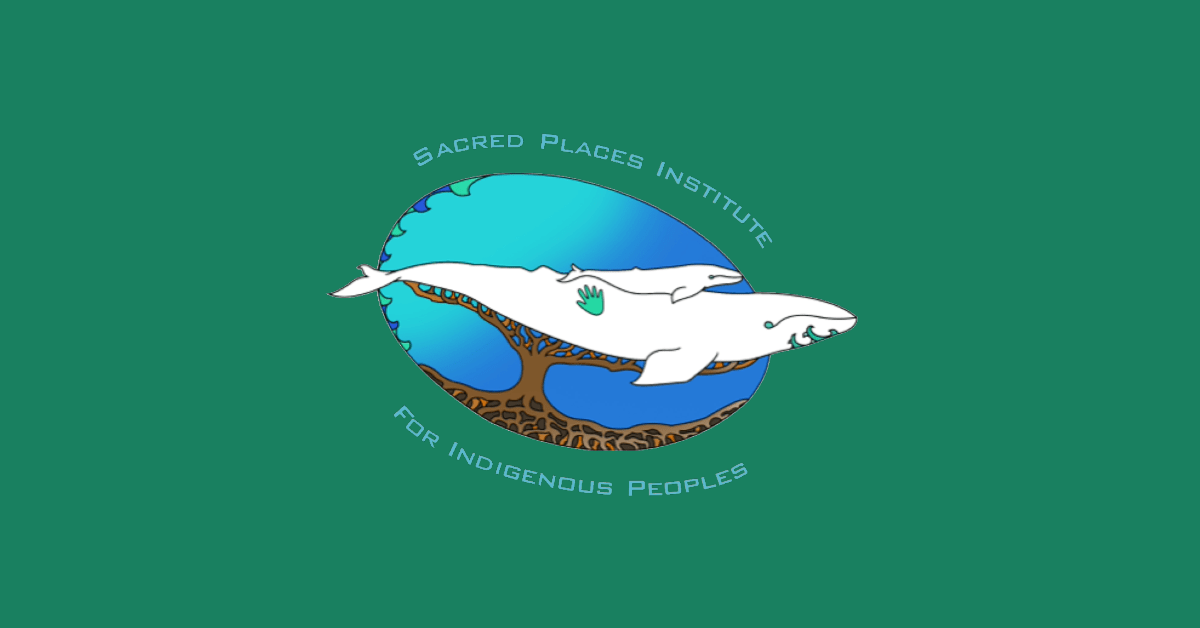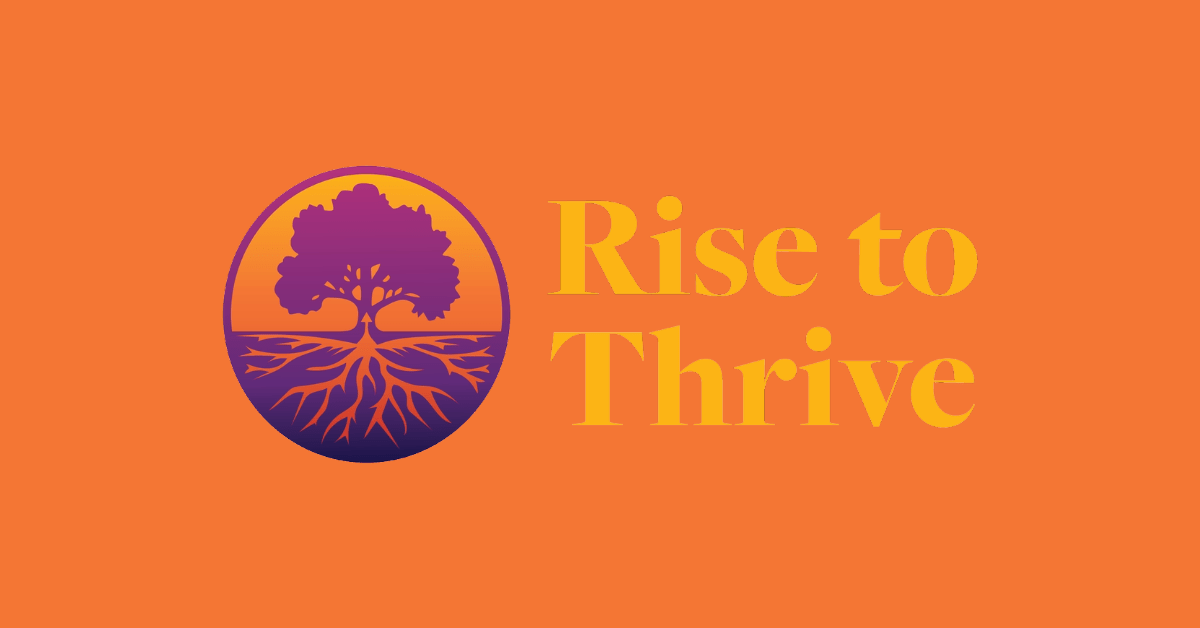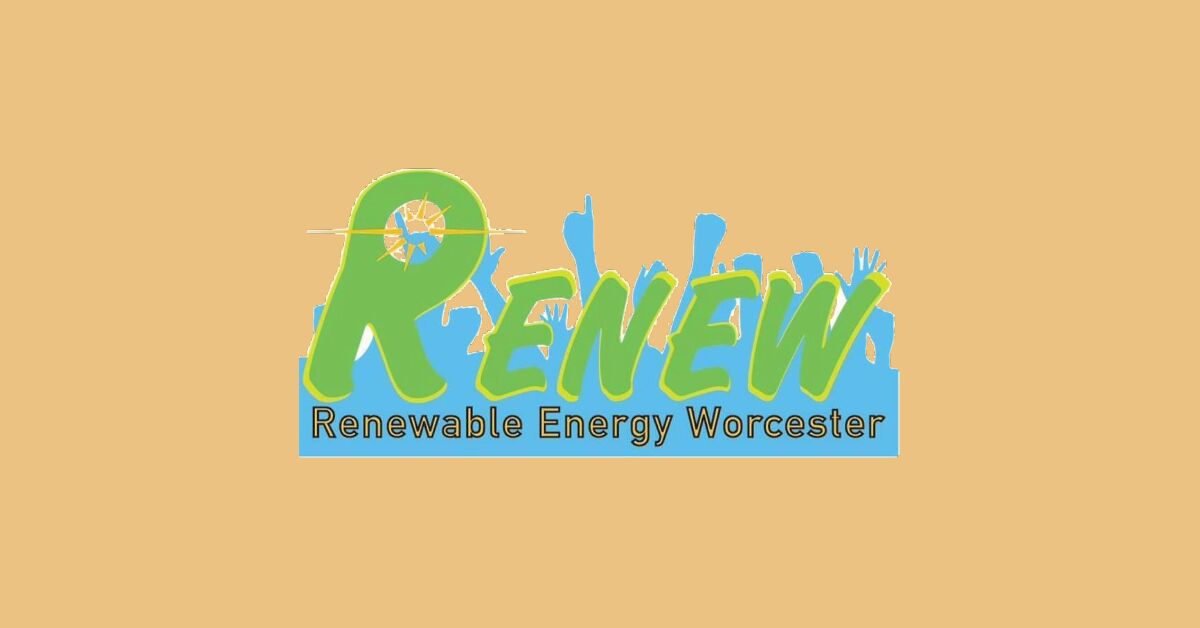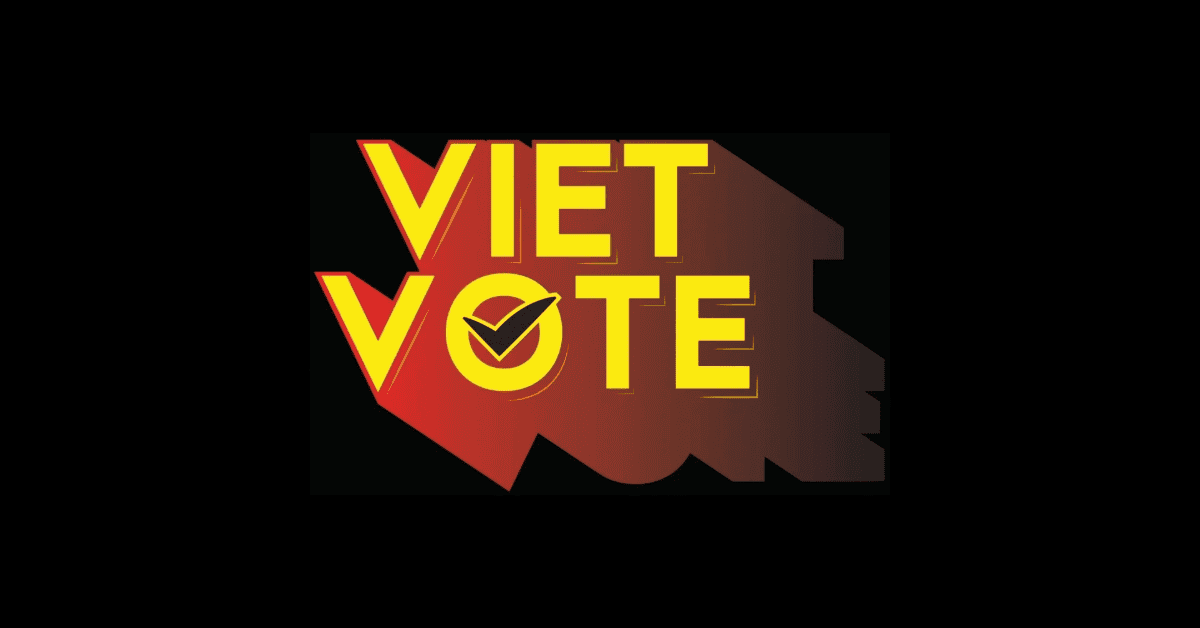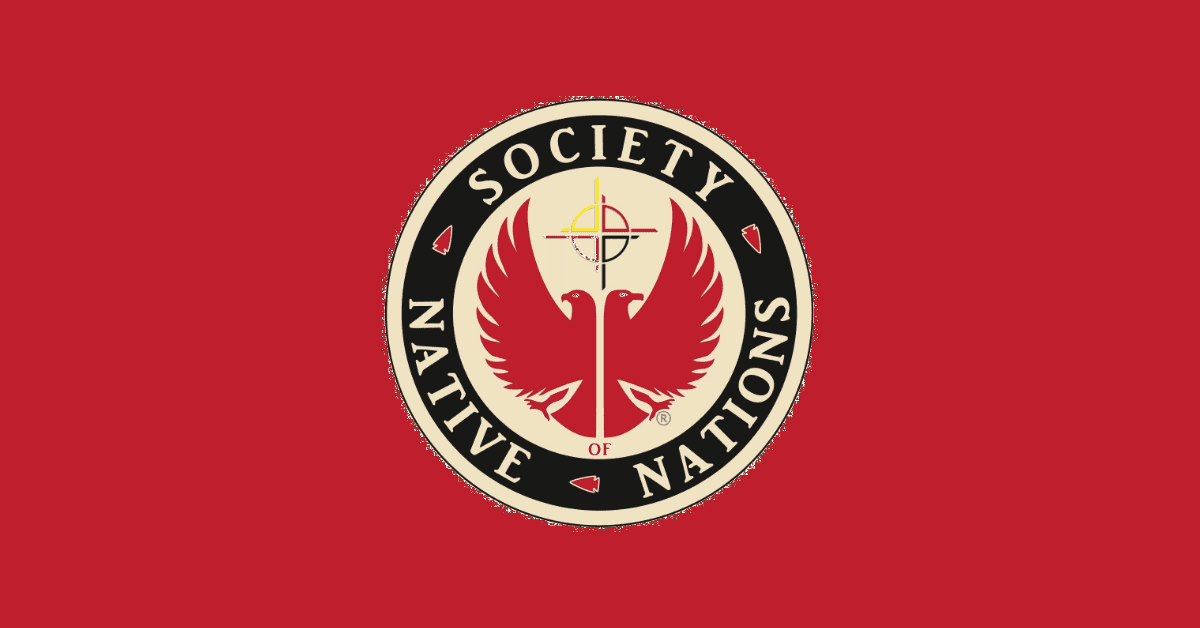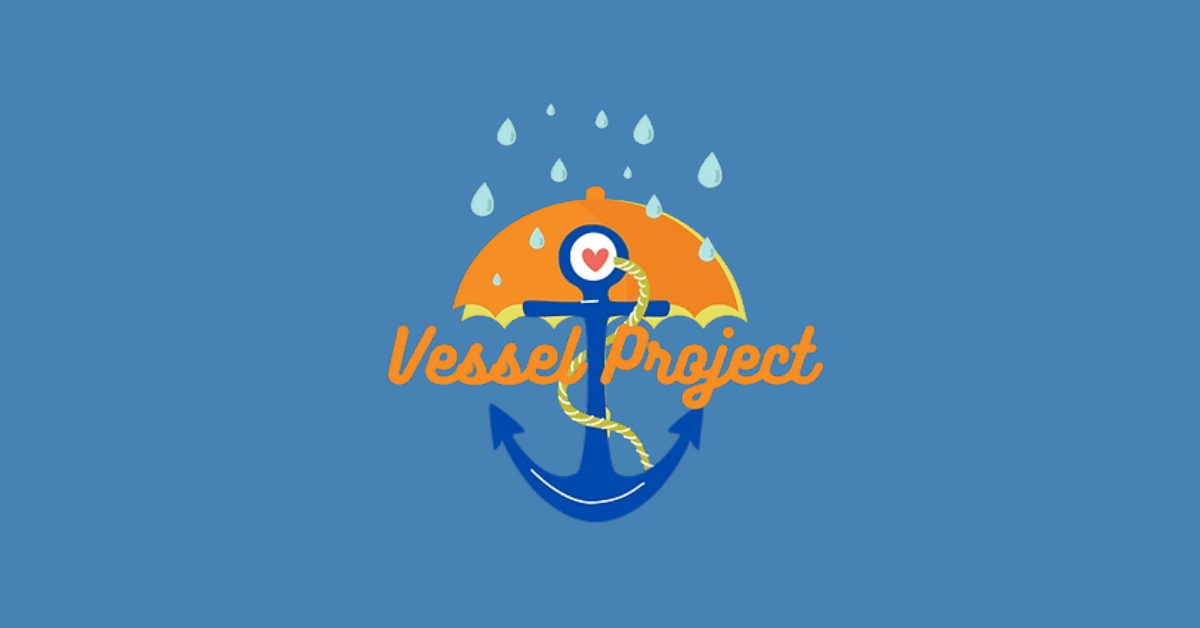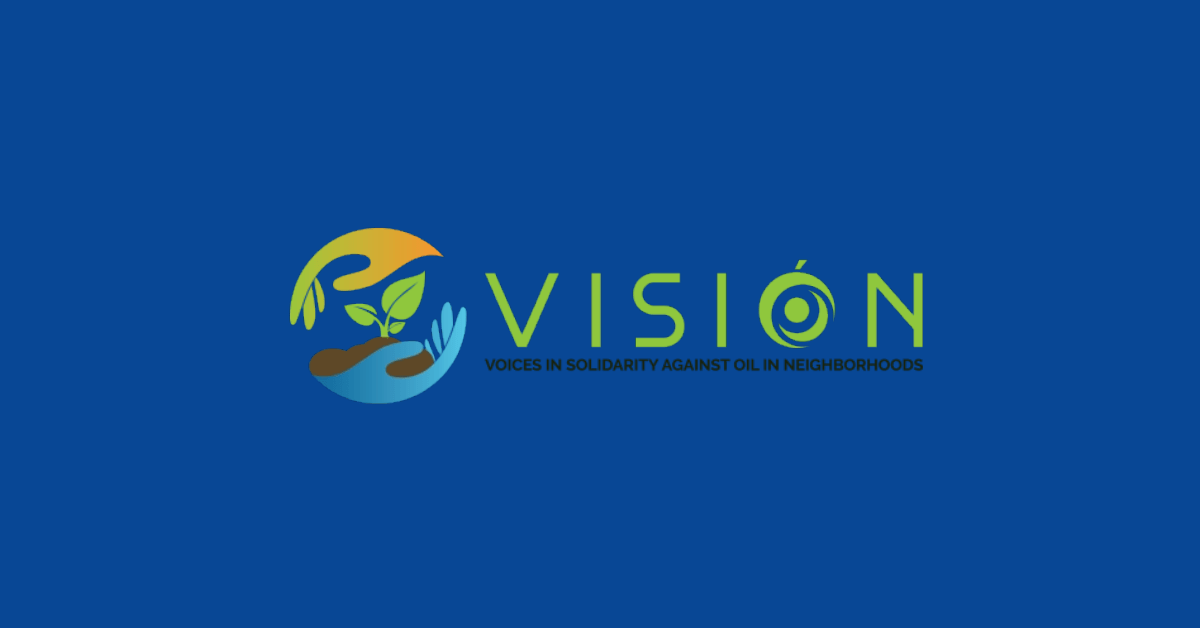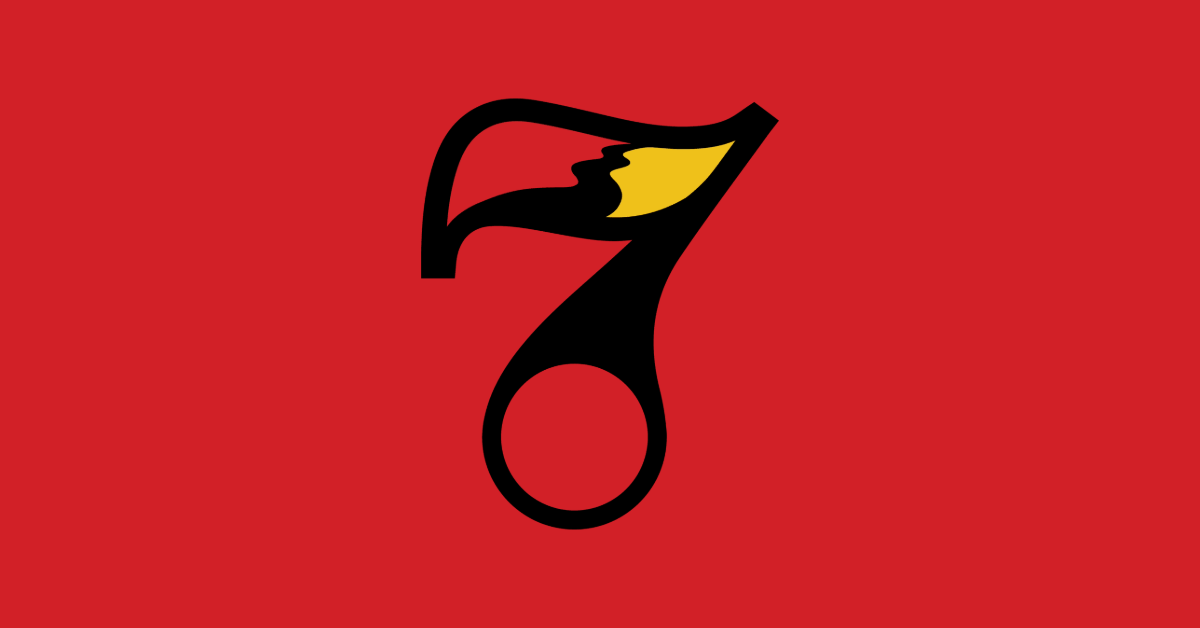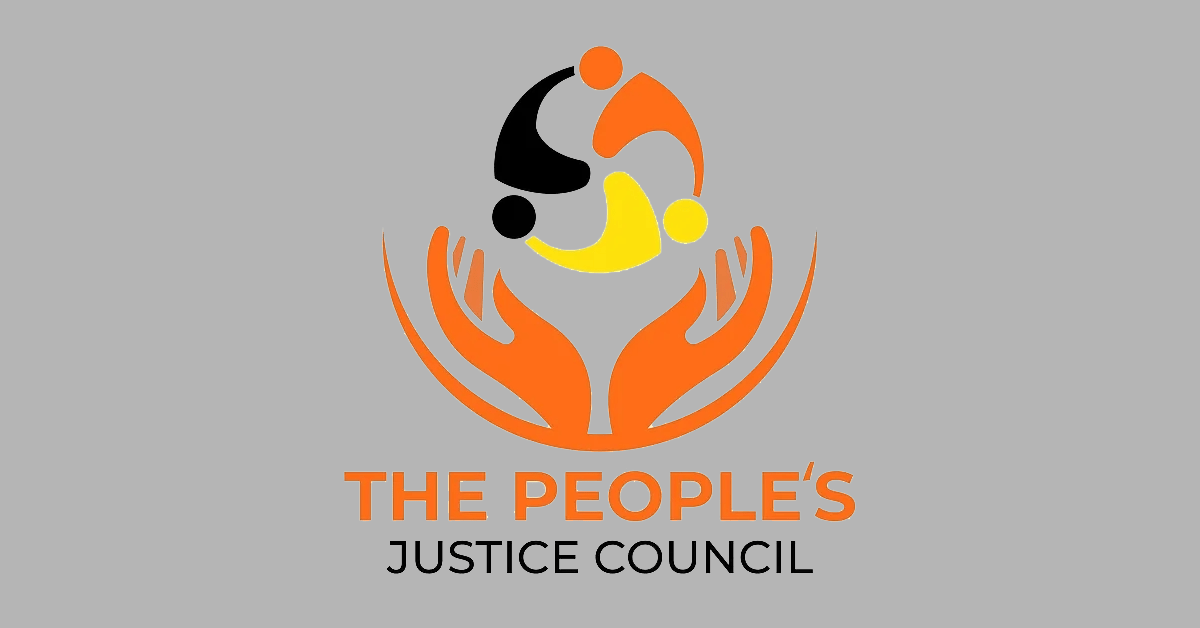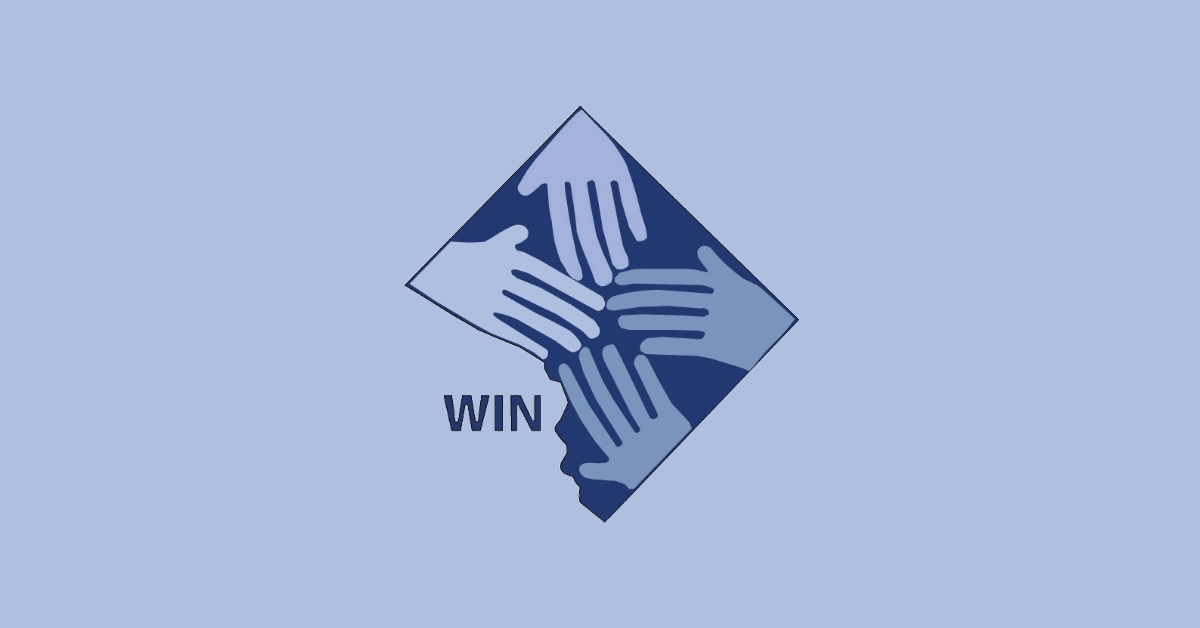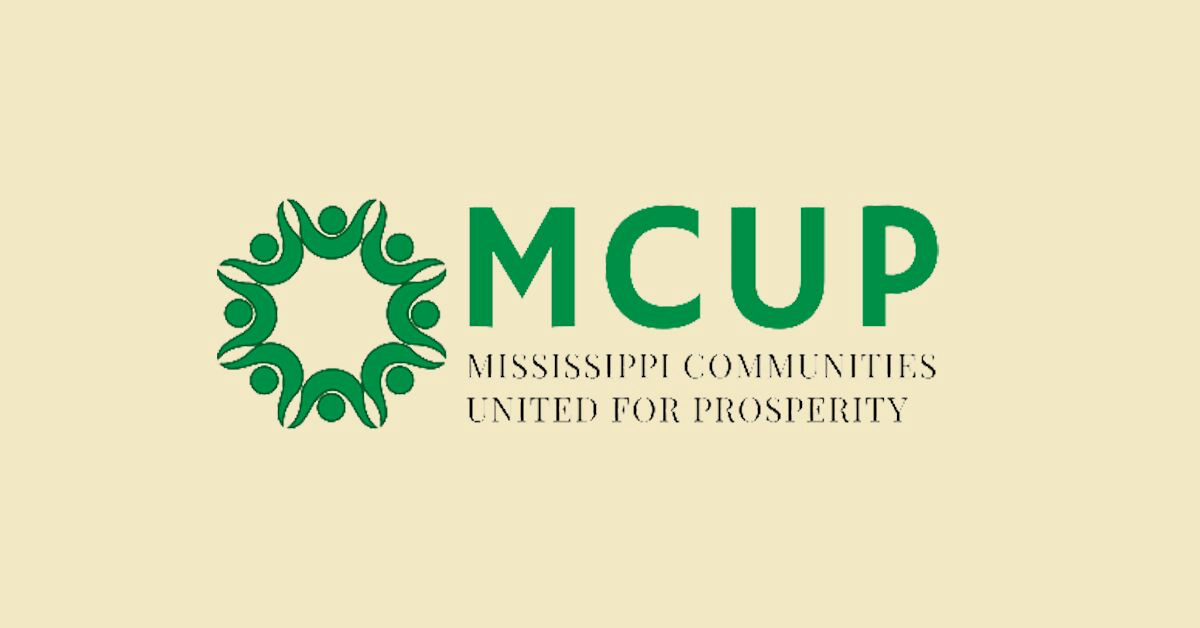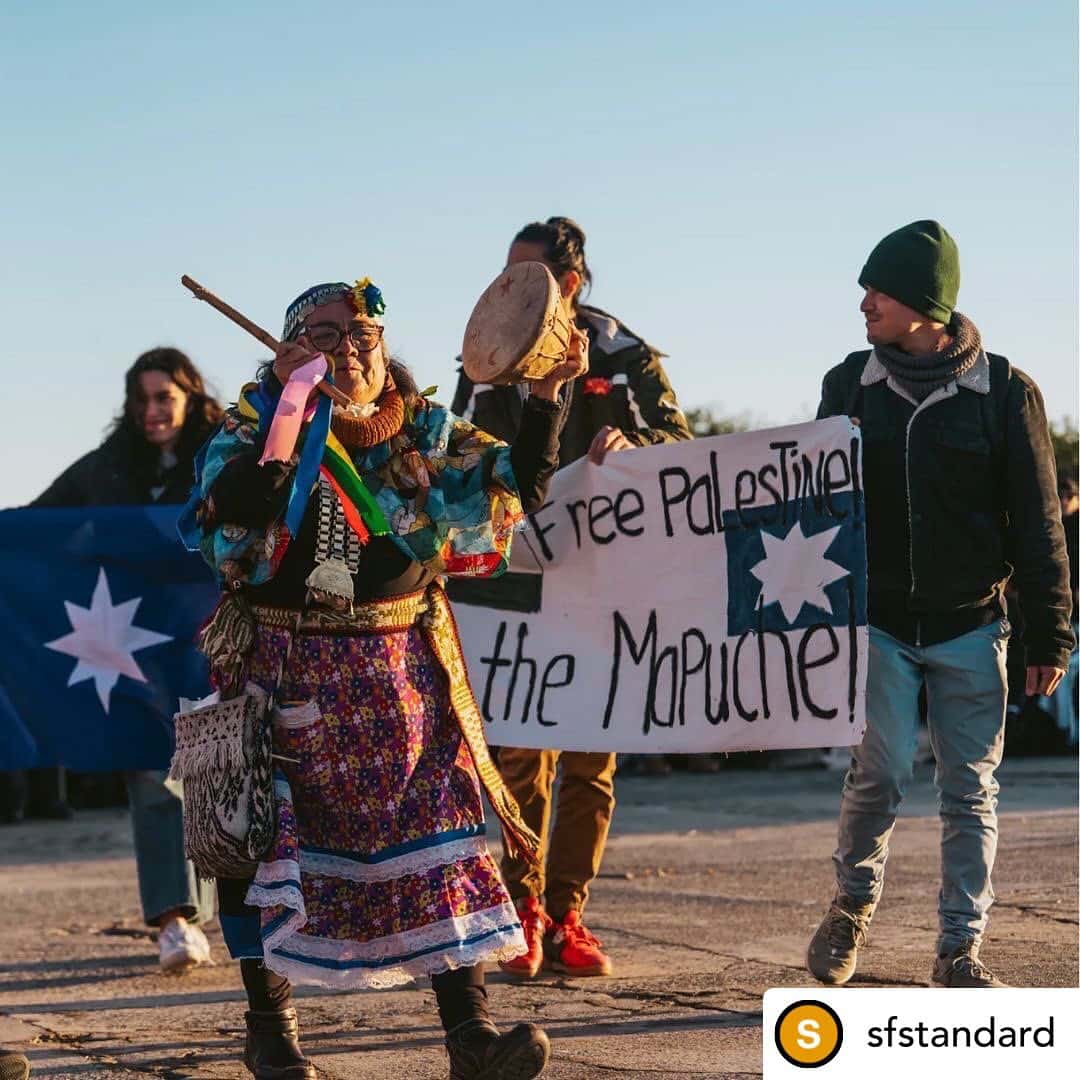
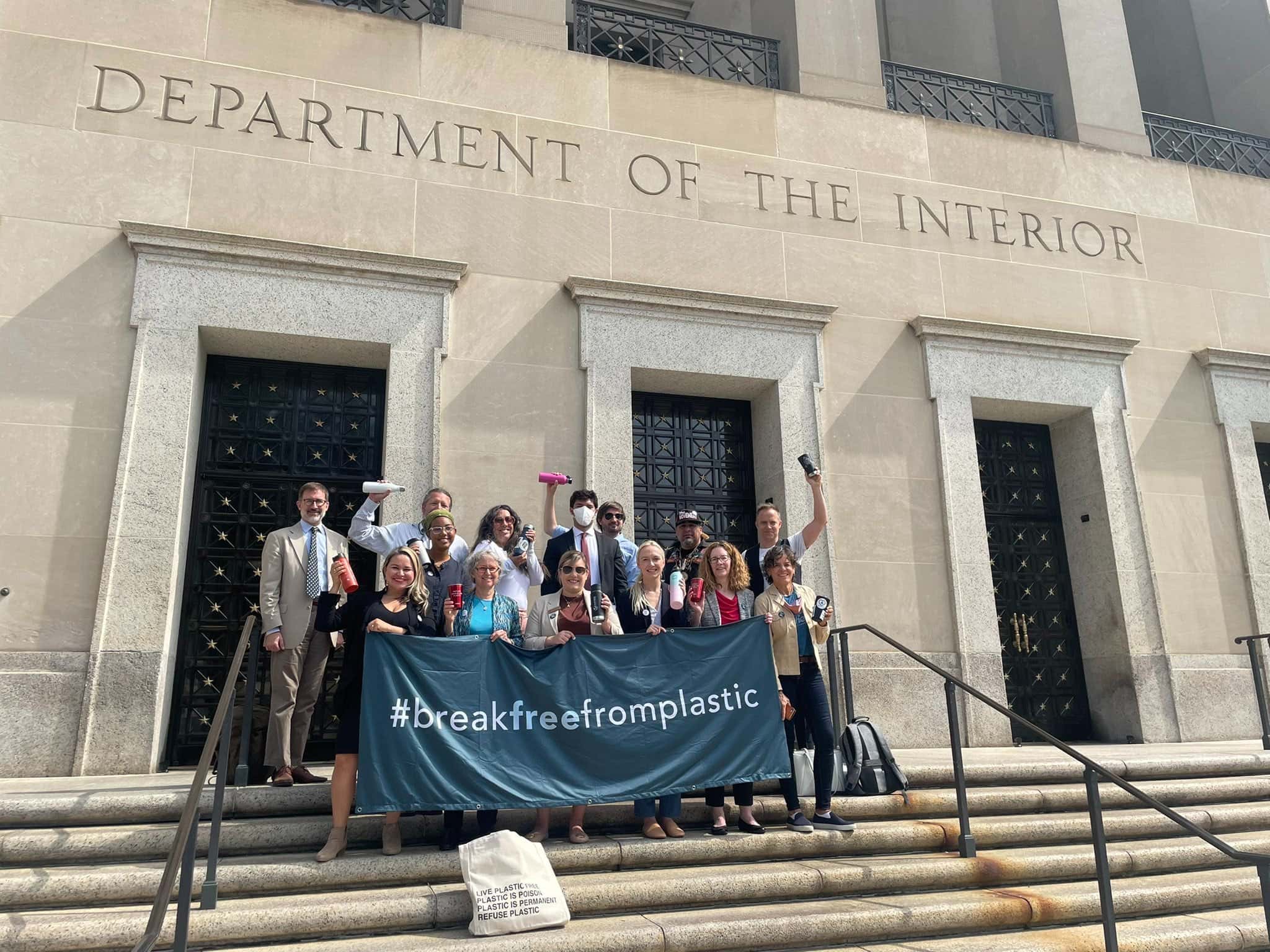
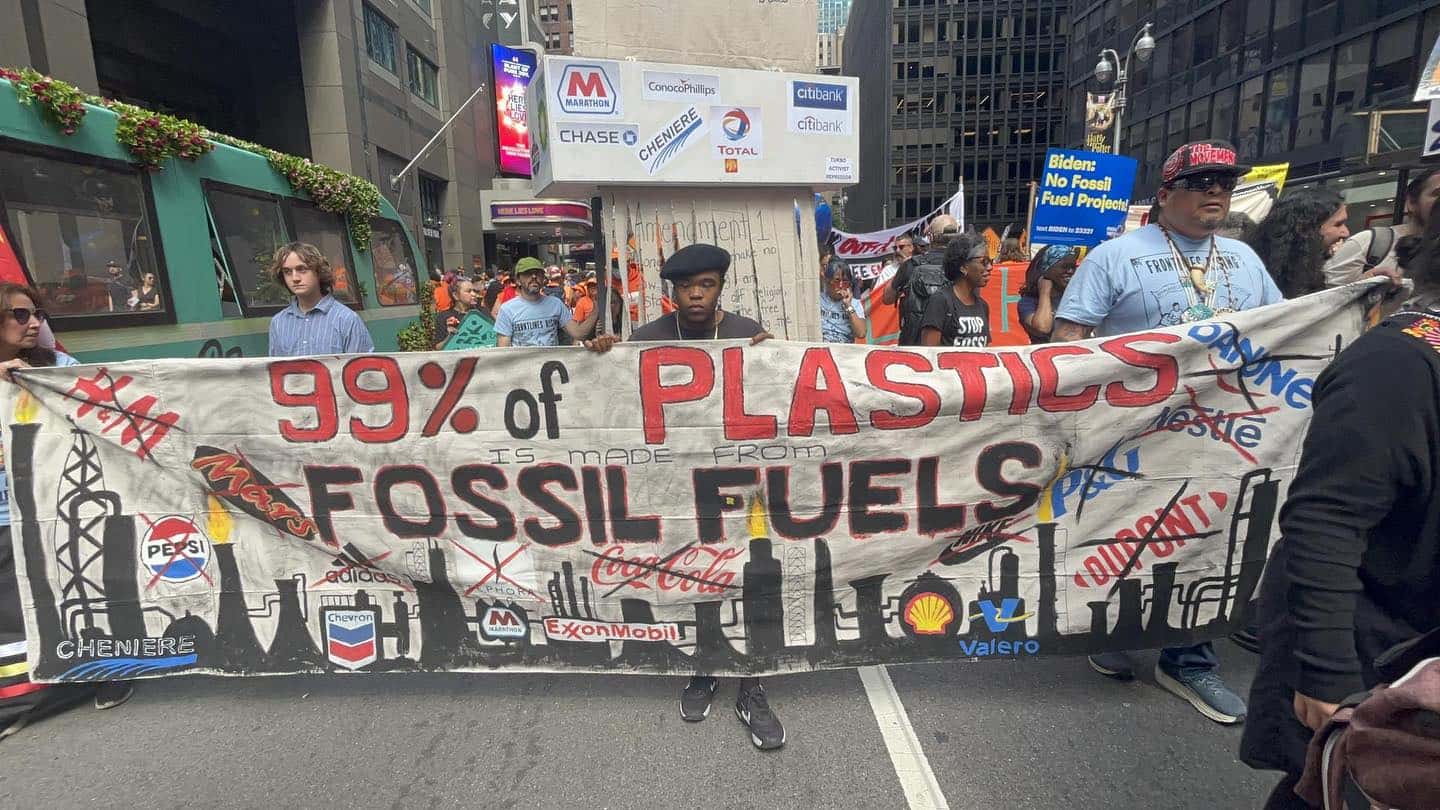
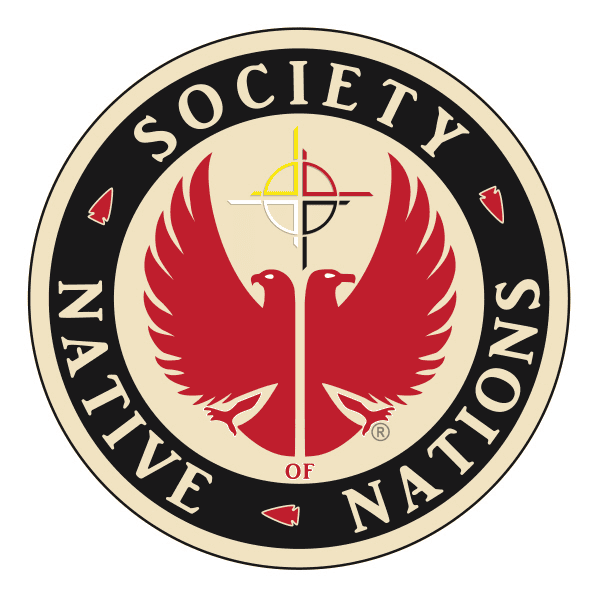
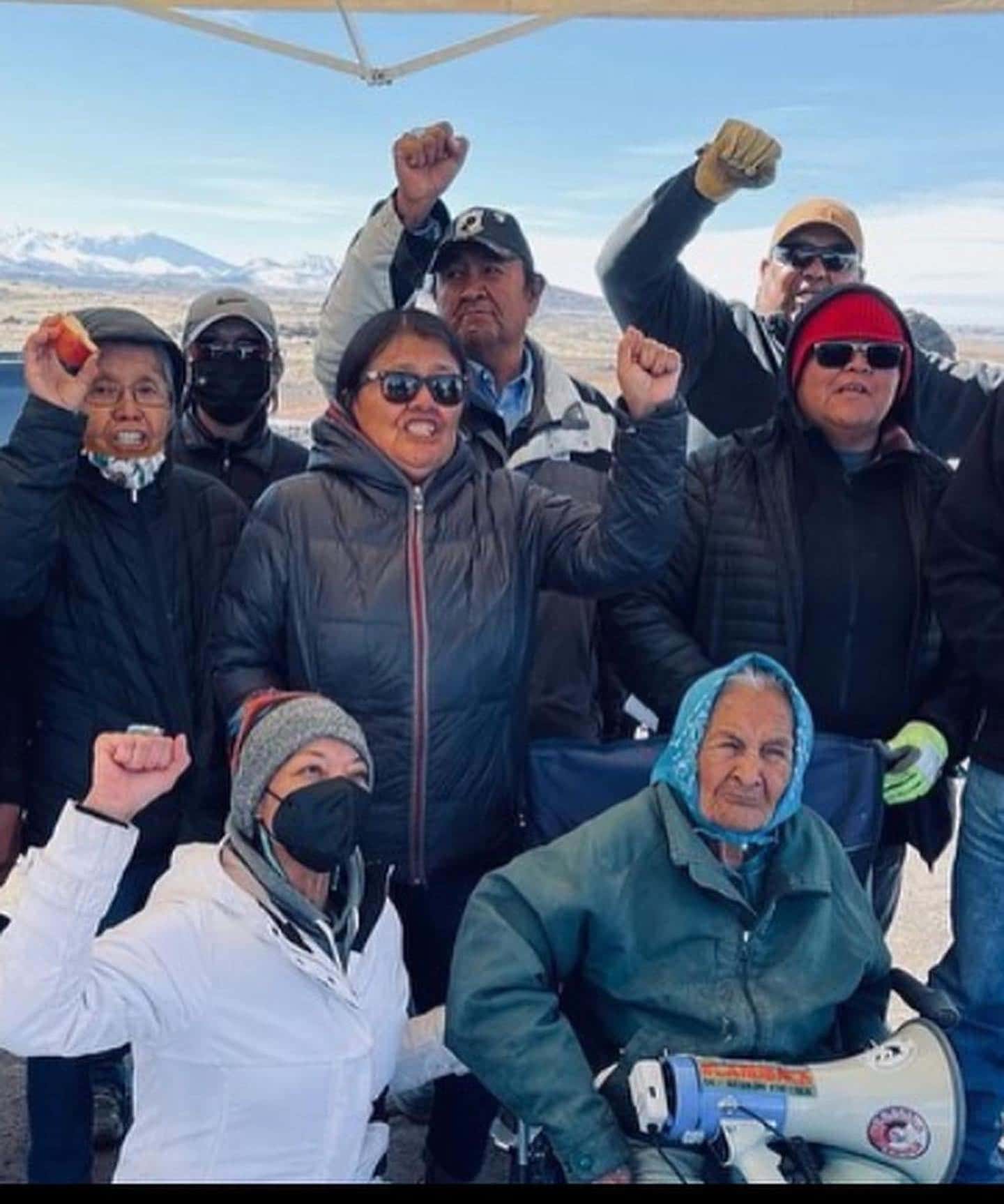
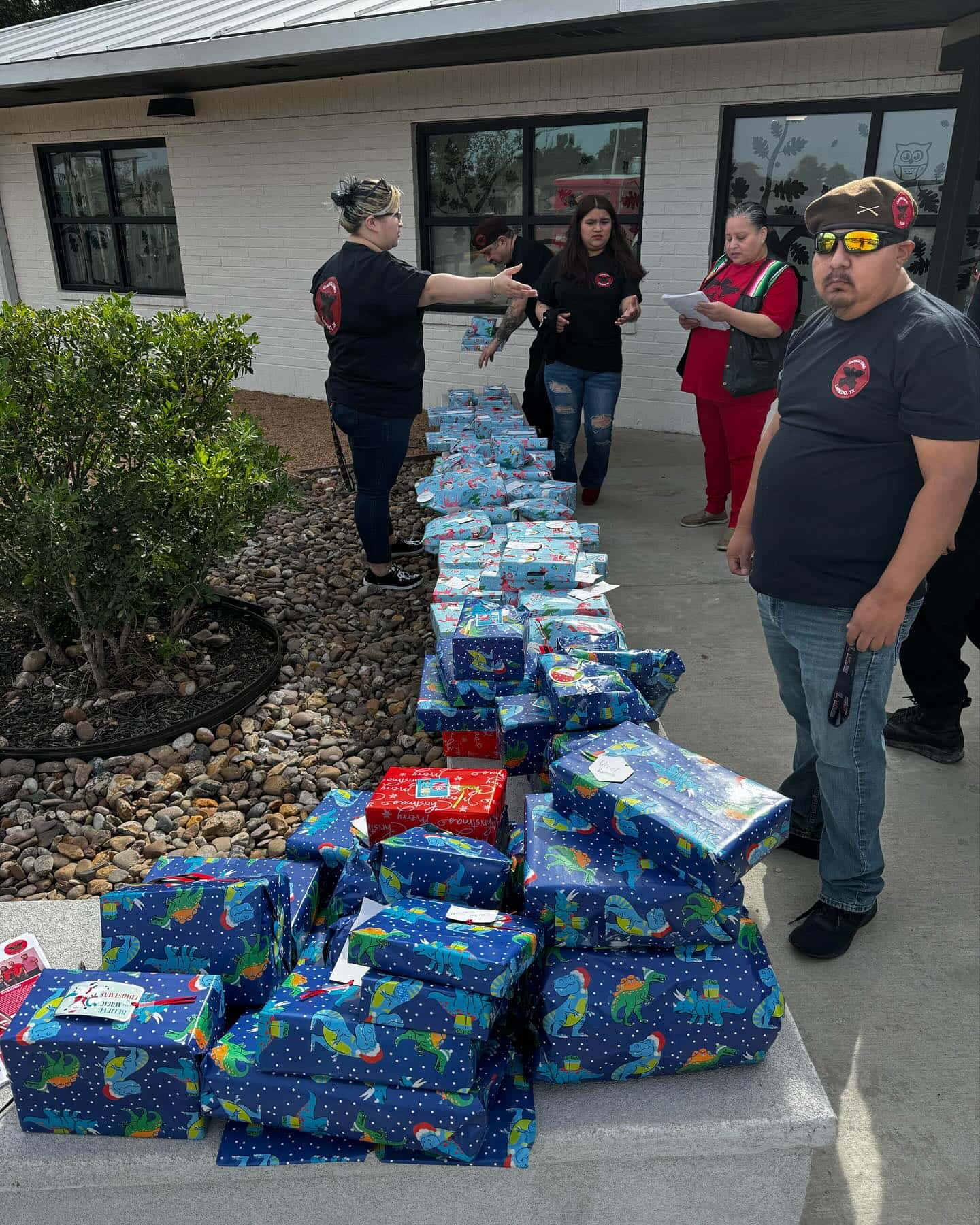
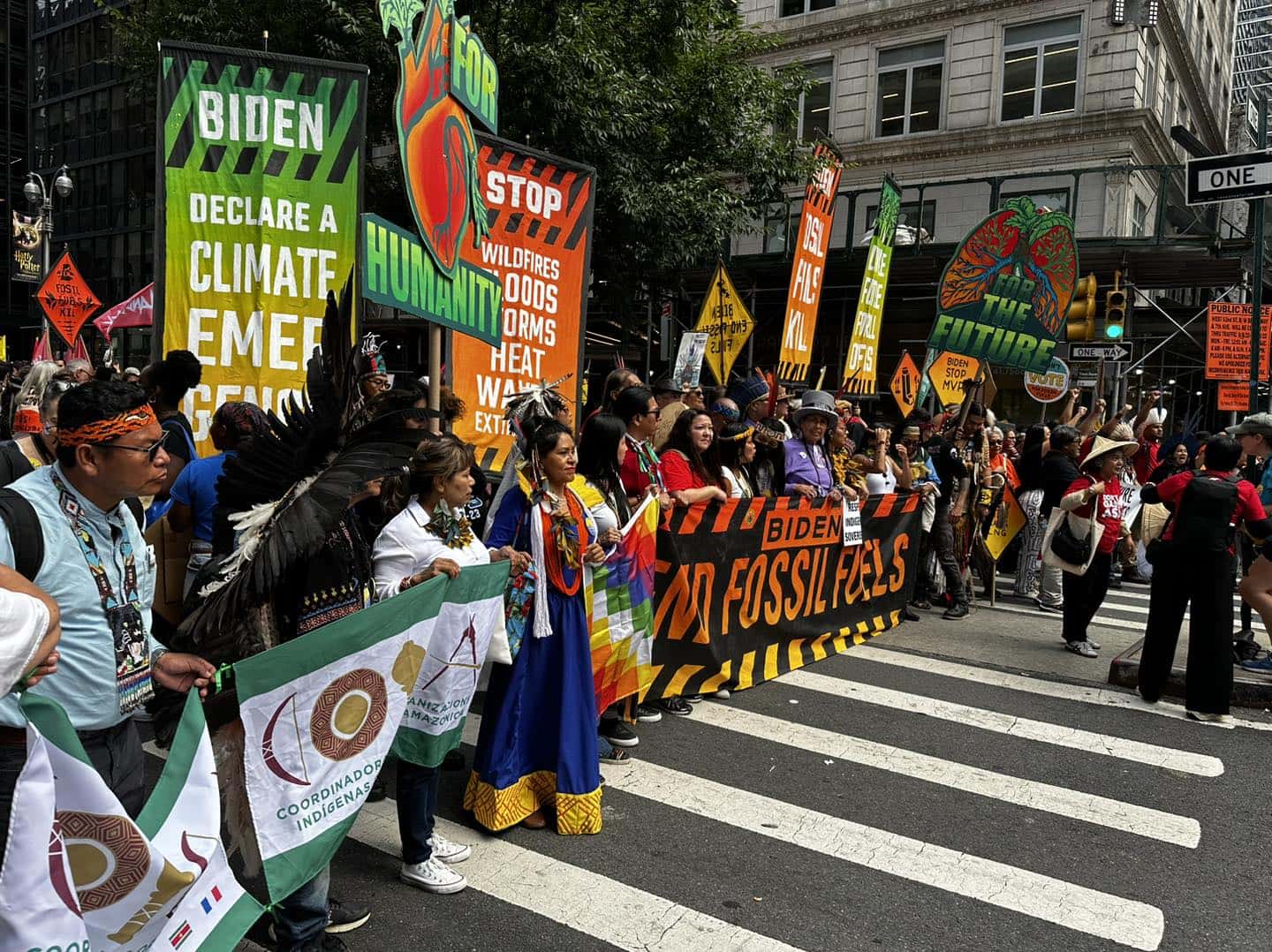
Society of Native Nations
San Antonio, TX
In 2021, Climate Nexus launched an Energy Equity Regranting Project to help resource organizations, tribes, and community leaders on the frontlines of climate change and the impactful work they are doing to fight the gas industry. The energy equity transition grants prioritize grassroots groups with an annual budget of $1 million or less to boost their efforts in racially, ethnically, gender, and culturally diverse communities across the United States and at the intersections of public health and energy justice.
In our second year running the program, 11 organizations received grants ranging from $20,000 to $40,000, including the Society of Native Nations, whose work is detailed below.
Overview
The Society of Native Nations (SSN) works from the Permian Basin to the Gulf of Mexico in Texas and from San Francisco to San Diego in California. Operating out of the San Antonio area, SSN works to recognize the existence of Native peoples in Texas, as many are not federally recognized. SNN is contesting the oil, gas, and petrochemical buildout from the Permian Basin to the Gulf Coast. SNN conducts community workshops and learning sessions and participates in the United Nations Environmental Programs Intergovernmental Negotiating Committee on Plastic Pollution.
Activities
Community Events in Texas
- Held six community meetings with 15-30 people present
- Hosted three rallies with 60-100 people present
- Hosted a free youth summer camp, feeding 15-20 students a day
- Attended 16 Texas Commission on Environmental Quality (TCEQ) meetings, Railroad Commission meetings, and City of Corpus Christi meetings
- Raised their voices in two meetings with EPA officials and in three meetings with Department of the Interior officials
- Facilitated nine Native language classes virtually with 10-25 people attending
Frankie Orona, Environmental Liaison for Tribal Chief and reflected on the whitewashing of history, “Who was writing this history that our kids are supposed to learn in the future? They left out that there were Native people before that, and they only want to recognize those that they think are credible. The rest of us are supposed to just sit here and wither away with it, with their history. And it’s just another form of genocide, which is sometimes supported by those people who think they have a drop of Native blood in them. So that’s what we’re trying to do–trying to make sure that the curriculums are taught correctly as well.”
Lessons Learned
Frankie Orona, Environmental Liaison for Tribal Chief and reflected on the whitewashing of history, “Who was writing this history that our kids are supposed to learn in the future? They left out that there were Native people before that, and they only want to recognize those that they think are credible. The rest of us are supposed to just sit here and wither away with it, with their history. And it’s just another form of genocide, which is sometimes supported by those people who think they have a drop of Native blood in them. So that’s what we’re trying to do–trying to make sure that the curriculums are taught correctly as well.”
Future and Sustainability
Society of Native Nations would like to grow the size of their staff available for community engagement projects and activities that foster community involvement in their work locally, nationally, and globally. SNN would also increase their efforts on international petrochemical and chemical regulation organizing if funding permitted. As an UN-accredited NGO under the “Indigenous Peoples Major Group,” the Society of Native Nations wants to increase its attendance and participation within the United Nations Environmental Programme “UNEP” and other UN platforms addressing global policy that impacts government-to-state policy.




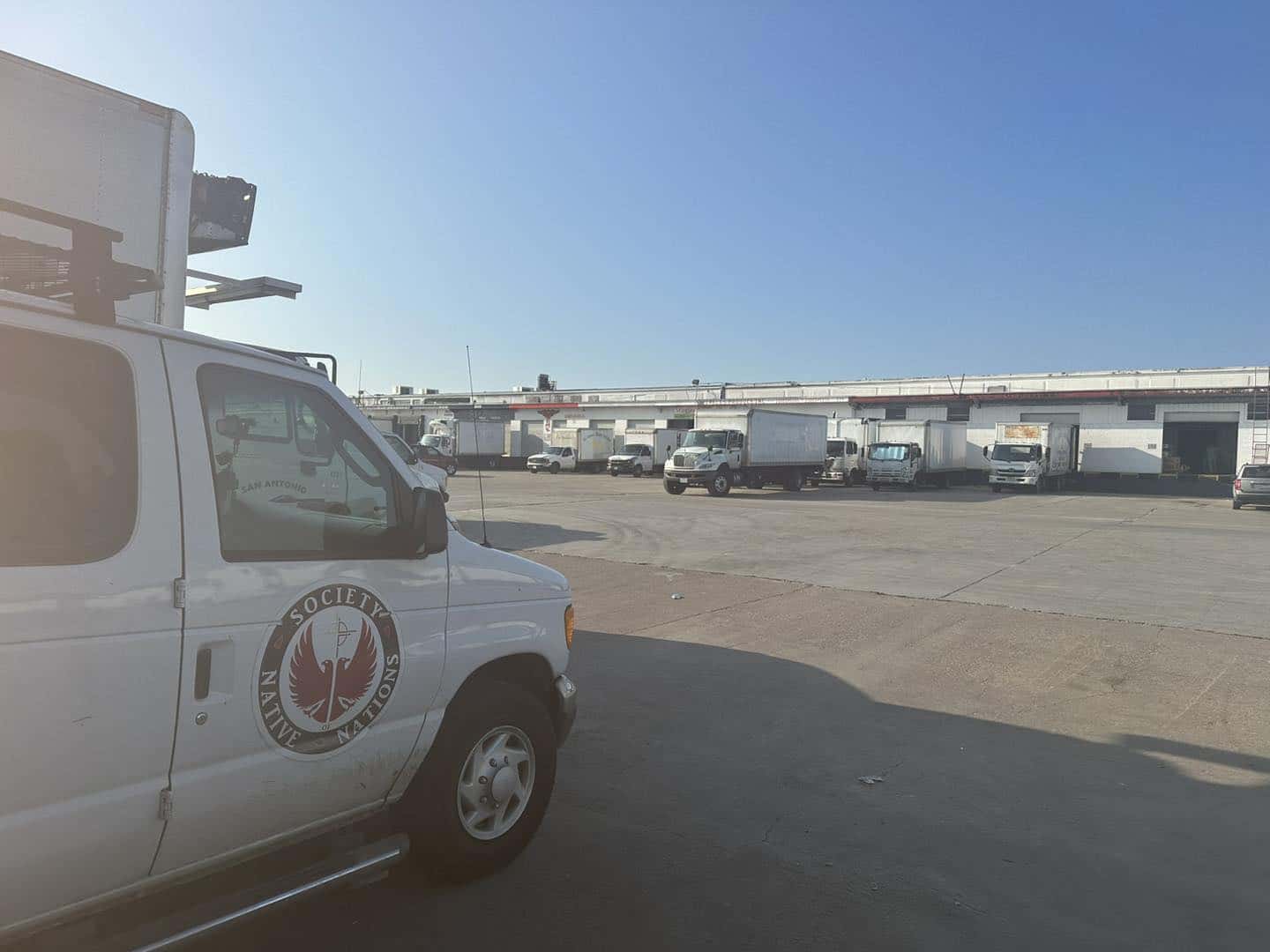


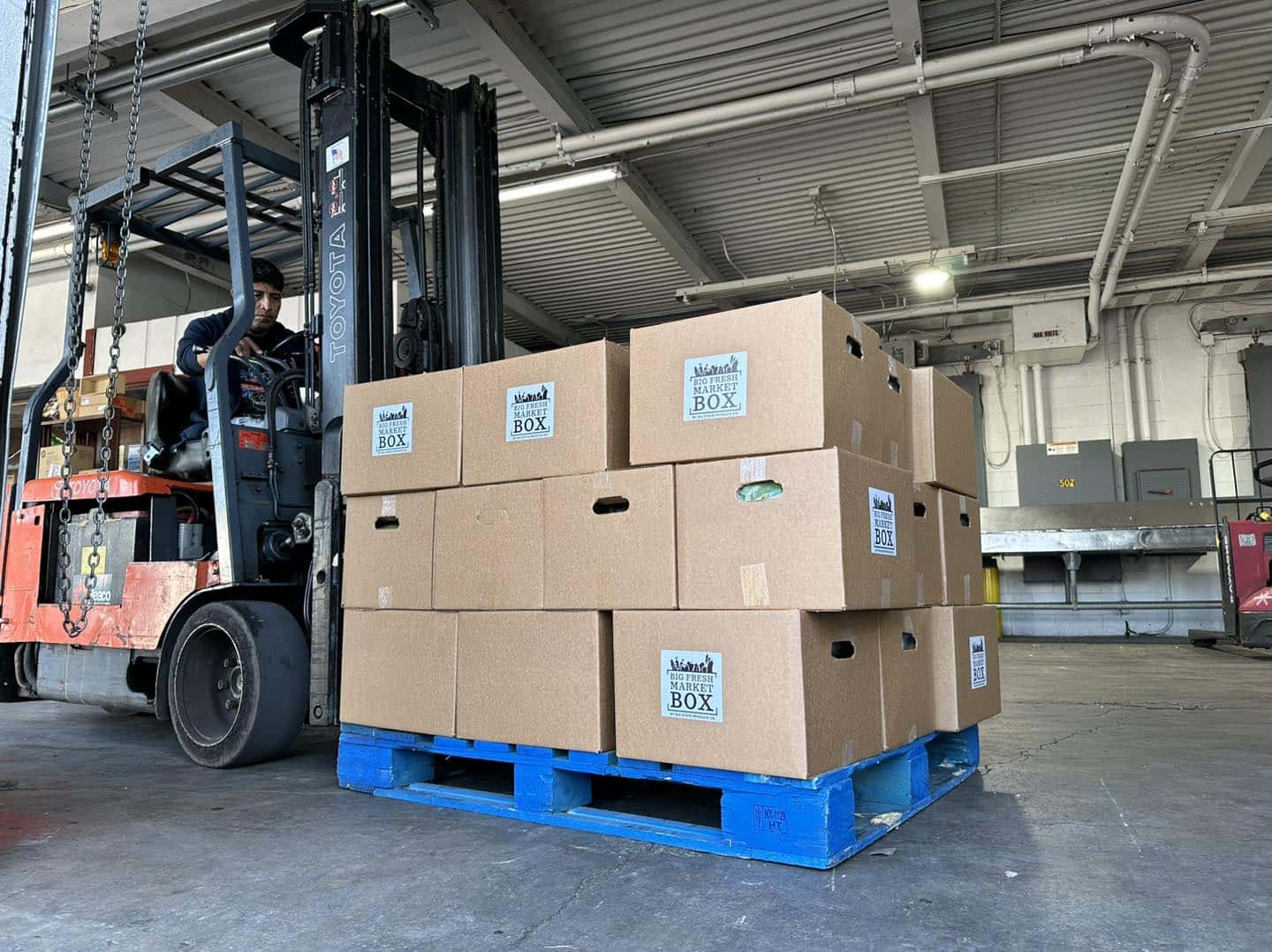
Filter Grantees by Year:
-

Earth Care
Earth Care is fighting false solutions like hydrogen and carbon capture, and is building public awareness of the health dangers of fracking.
-

Sacred Places Institute for Indigenous Peoples
The Sacred Places Institute for Indigenous Peoples is a forum for tribal communities to protect sacred sites and advance environmental priorities.
-

Rise to Thrive
Rise to Thrive builds community among Women and Femmes of Color across the country to catalyze a shift of power within the environmental movement.
-

RENEW Worcester
RENEW Worcester advances energy projects that prioritize communities and the buildout of affordable, renewable energy.
-

Viet Voices
Viet Voices educates San Diego’s Vietnamese community about sustainability, environmental health, and accessible housing.
-

Society of Native Nations
The Society of Native Nations works in Texas and California to contest the oil, gas, and petrochemical buildout from the Permian Basin to the Gulf Coast.
-

The Vessel Project of Louisiana
The Vessel Project is a mutual aid organization supporting people in Calcasieu Parish by meeting their emergency needs efficiently and without barriers.
-

VISIÓN
VISIÓN works with community organizations to establish health and safety buffer zones between oil wells and homes and schools.
-

7 Directions of Service
7 Directions of Service is fighting to cancel the Mountain Valley Pipeline’s Southgate Extension and to advance Rights of Nature laws.
-

People’s Justice Council
PJC organizes not-for-profit electricity coops around Montgomery and is organizing their constituency around energy and environmental justice.
-

Washington Interfaith Network (WIN)
Washington Interfaith Network is working to help low- and moderate income DC households switch from fossil fuels to clean and efficient electric heating.
-

Mississippi Citizens United for Prosperity
MCUP advances energy equity in Black and Indigenous communities by training women in clean energy contracting and project management.


